Game Group Information:
- Game Location: Stan’s house.
- Game Day & Time: 6:30-10:30pm on one to two Thursdays a month. We’ll wrap up between 9:30-10:30 and have a hard stop at 10:30.
- Group Email: ThursdayNightDice@GoogleGroups.com.
- Season Format: We’ll do probably one or two ‘seasons’ a year and possibly do other games or take time off during the summers. Future seasons could include options to fast-forward the timeline and play next-gen characters concurrent with Episode VII. We can even rotate GMs if others have interest in running future campaigns or one-shots.
- Season 0: Season 0 is what we’ll call the first few games. Players can swap out their characters for new ones as they better learn the rules and have new character concepts, while carrying forward their XP to the new character. After player characters hit 10 XP they need to lock in and not switch. Once we’ve completed our first campaign arc and solidified our players and characters, we’ll break and start Season 1.
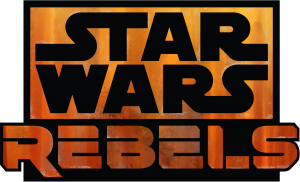 Campaign Overview:
Campaign Overview:
- Basic Premise: We are emulating the feel of the current animated series ‘Star Wars Rebels’. Players are a ragtag group of smugglers, farmers, technicians, and other ordinary people with ties to the Arkanis sector. One or two players might have a Force background. All have some sort of grudge with the Empire and have joined the Rebellion. Players are now covert operatives on a SpecOps team who receive missions to perform in between trying to make a buck and survive in the underbelly of the Empire.
- Game Structure: Players will occasionally get missions from leaders in the Rebel Alliance but will have plenty of time between missions to get into trouble trying to deal with their own personal problems and background baggage.
- Campaign Date: Approximately 1 year BBY (“before the Battle of Yavin”, see http://starwars.wikia.com/wiki/Battle_of_Yavin).
- Campaign Setting: For Season 0, primarily the Arkanis sector in the Outer Rim Territories (where Tatooine is located). See http://starwars.wikia.com/wiki/Arkanis_sector .
- Canon: Just the movies. Other elements (such as EU (extended universe) material) as GM introduces them in the story.
- Tone: Players are heroic though flawed characters who may struggle with the dark side (e.g. Han abandoning his friends before the Battle of Yavin) but who generally will come around to do the valiant thing (e.g. Han returning to aid his friends in the Battle of Yavin).
- Morality and The Force: All characters have a connection to the Force, even non-Jedi. Characters are generally assumed to be ‘good guys’ for the most part, and the morality mechanics of the Dark Side come into play. You can be Han Solo and abandon your companions (e.g. right before the battle of Yavin when Han leaves), but you’ll have to redeem yourself or start to inch toward the dark side (e.g. when Han thinks better of it and joins the Death Star battle). You can’t be a perpetually evil person like Boba Fett. Characters who become too tainted over time by earning Dark Side points become NPCs (and enemies of the players).
System
- Rule System: Savage Worlds with the Star Wars Essentials companion tools that I’m creating. Savage Worlds Deluxe Explorer’s Edition is $10 (you can get it online at Amazon.com at http://www.amazon.com/Savage-Worlds-Deluxe-Explorers-S2P10016/dp/1937013200 or buy it from local gamestores like Madness Comics). I have several extra copies so no sweat if you don’t have it at the first game. Also, there is an abbreviated ‘Test Drive’ set of rules that are free you can get here if you want to wait till later to buy the rules: https://www.peginc.com/freebies/SWcore/TD06.pdf.
Player Types
- Jedi and Force Sensitive Players: We’ll be going after an Episode IV vibe, with a cast of characters that is mostly non-Jedi (but could include 1-2 Force sensitive or apprentice-type Jedi).We can allow one or two Jedi or Jedi Apprentices if players desire. Idea is that these are ‘do it yourself’ Jedi who haven’t been formally trained since birth, meaning they can eventually create a light saber and otherwise be a Jedi but they would not be as god-like as Jedi formally trained in the Knights of the Old Republic era for example. This will give us narrative reason to balance Jedi and non-Jedi power levels between characters. How many want to play Jedi? Will influence our type of campaign. I’m thinking at most 1-2 Jedi or Force Sensitive types.
- Allowed Races for Players: I’m thinking the more popular core races from Episodes IV-VI (we’ll come up with a list). Humans, Wookies, Twi’leks for sure, what others do people want to play?
- Droids: Are NPCs and sidekicks. PCs are all humanoid creatures.
- Movie Characters: Players will play original, non-movie characters and be the stars of our adventures. Movie characters may appear peripherally off-screen but will not be a major part of the story.
- Option for Troupe-Style Play for Jedi NPCs: If we have an Obiwan-type Jedi around for some period of time (maybe to train any Padawan types in our group, or to give everyone a chance to play a Jedi once in a while) we could run this character troupe-style. All players have a main normal character. The Jedi is also a player character, but control of the character rotates each session. When it’s ‘your’ session you’d run your normal character plus the Jedi character. In this sense it’s like running the Jedi PC like a Savage Worlds ‘Ally.’ This way each person would get a turn playing this character.
House Rules.
- Starting XP: Players start with 0 XP.
- Beginner’s Luck XP: When new characters (whether new players or old players with replacement characters) join an existing campaign they start a game with XP equal to the bottom XP level one advance tier below the party average tier. If the average party XP is 11, the new PC starts at 5 XP. If the party XP level is 24, the new PC starts at 15 XP.
- Story XP: Receive 1 XP if you write your PC’s “story” (the last game session written up from the point of view of your character, or your character’s activity during downtime, minimum 250 words).
- Session Recap XP: Receive 1 XP if you write a session recap for the last game. The GM will rotate this opportunity between players so all interested will get a chance.
- Rotating GMs & GM XP: If rotating GMs, the GM earns XP equivalent to the highest players’ XP award in each game, assignable to the GM’s PC of choice (not including bonus XP like the 1 XP for Story or Session Recaps).
- Tracking Wealth: Players are funded by the Rebel Alliance which takes care of reasonable expenses. Players who manage to acquire wealth cede it over to the Alliance for use in the Rebel efforts. The Alliance does not generally bail out characters from past or present gambling debts and personal baggage.
- Home Base and Absent Players: At the end of game, PCs should always return to their nearest home base to rest and recuperate between sessions. Players who don’t make a game session have remained at the home base or are away on business. GMs should aim when possible to have a game session close at some logical stopping point to provide a narrative explanation for future absent players (PCs are returning to town to gather supplies, guarding a ship, visiting relatives, paying off gambling debts, etc.).
- Joker’s Wild: We’ll use the Joker’s Wild setting rule — when a Joker turns up, all players get a bennie.
- Bennies for In-Game Jokes: In-game jokes by your PC will earn you a bennie; out of character jokes (usually) will not.
- Triumph (aka ‘Critical Successes’): You experience a Triumph when you score a raise on a roll. The player can, in conjunction with the GM, determine this advantage.
- Tragedy (aka ‘Critical Failures’): You experience a Tragedy when you roll a one on both your main die and your wild die. You can’t benny a Tragedy result on a roll. The GM will think of something bad that happens to you, but players also have opportunity to think of something dastardly. The GM may opt to award a benny to the effected player if the tragedy is for a specific person instead of effecting the entire group.

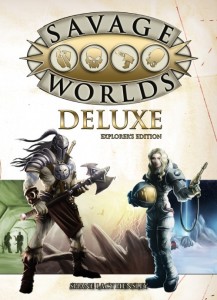
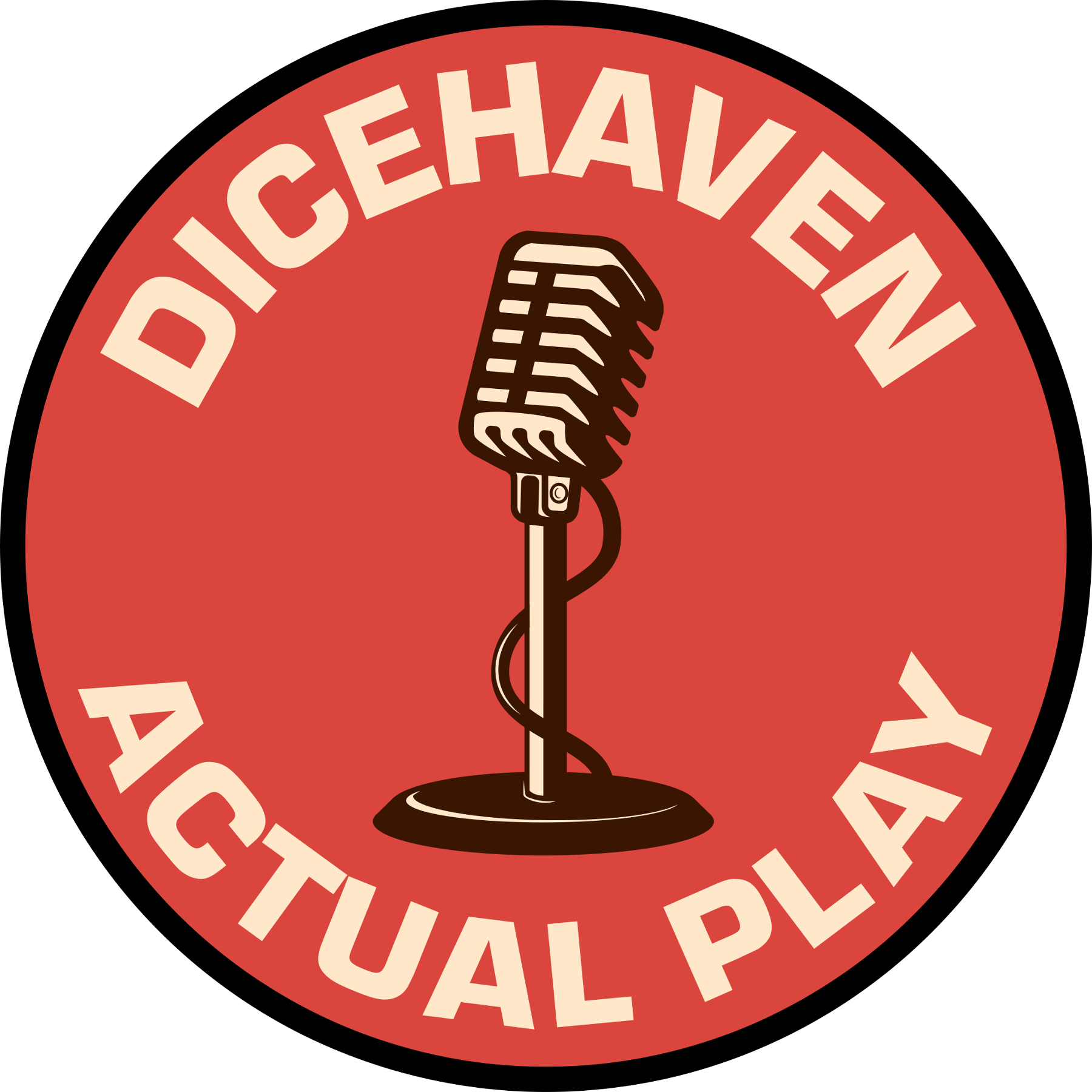
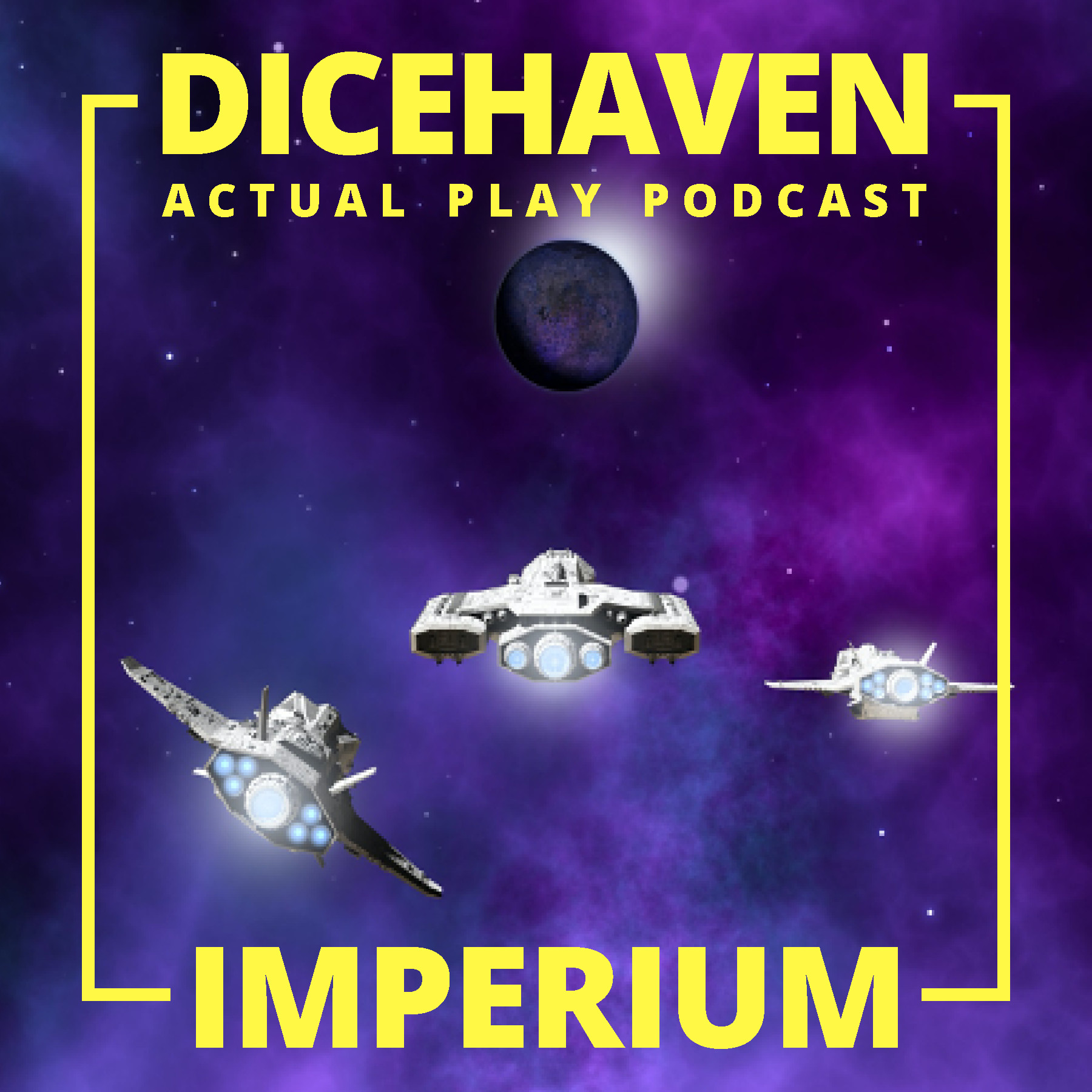
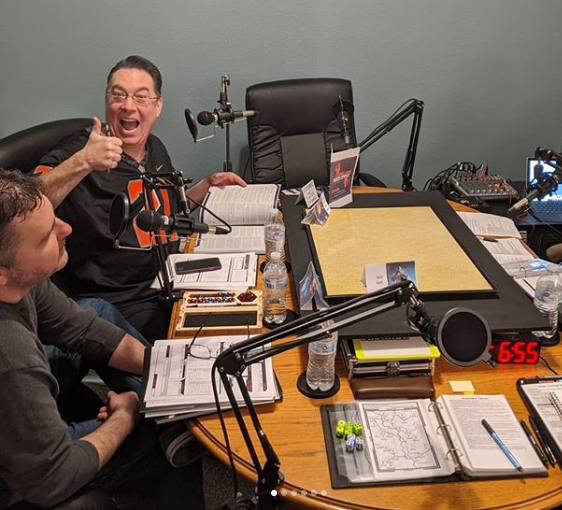
Leave a Reply